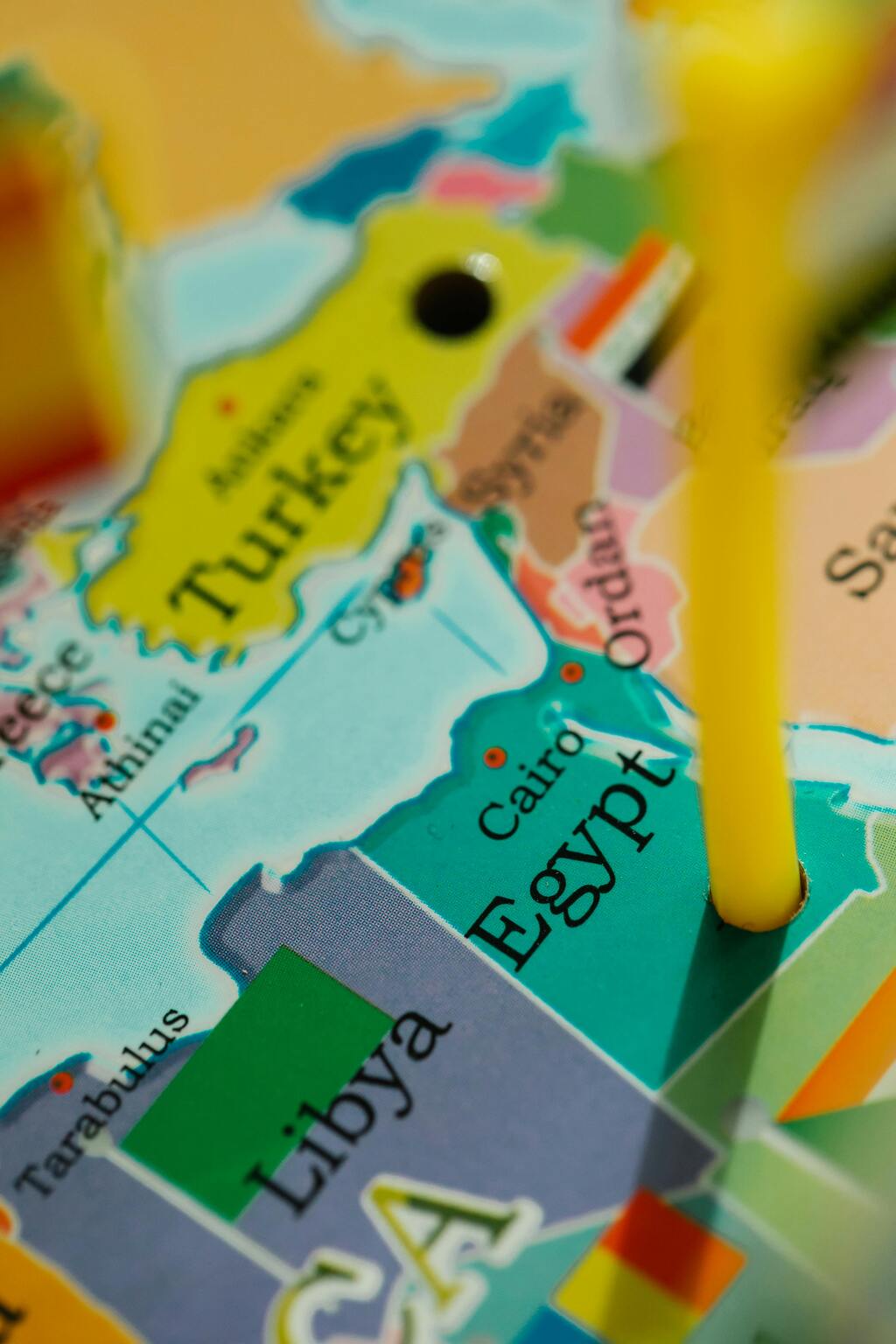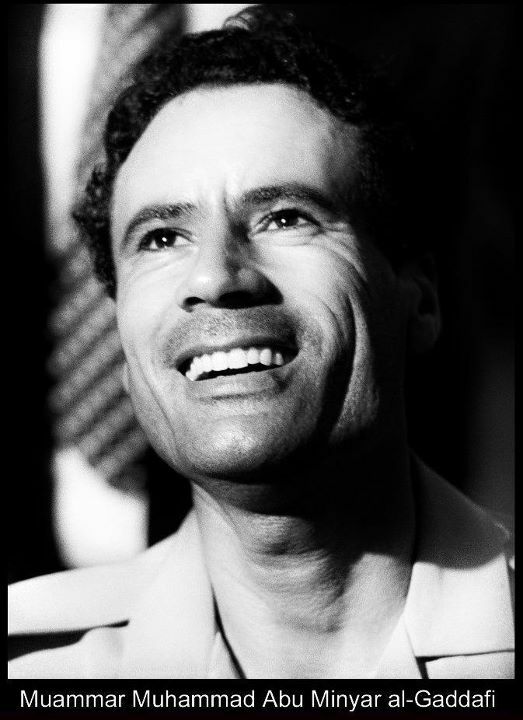
In the wake of Libya's 1969 revolution, a dramatic transformation began to reshape the political structure of the country. Led by young army officers under Muammar Qadhafi, the 1 September Revolution swept away the monarchy of King Idris I, replacing it with a new republican order rooted in Arab nationalism, anti-colonialism, and the desire for direct popular rule.
One of the pivotal moments in this transformation was the Declaration on the Establishment of the Authority of the People, a political manifesto and framework that emerged from broad national participation. It reflected the ideological evolution of the revolutionary leadership, moving away from conventional government structures and toward what would become the foundation of Libya’s Jamahiriya system—a system Qadhafi would later define as "direct democracy without political parties."
The declaration opened with a clear statement of national unity and participatory governance:
"The Libyan Arab people, assembled in the General Conference of the People's Congresses, the People's Committees, and the Professional Unions..."
This line established the idea that the legitimacy of authority in Libya would come not from elites or elected officials, but from the collective will of the people, expressed through congresses and grassroots committees. These structures were meant to embody every segment of society—from local councils to workers' unions—ensuring that political power would rest in the hands of citizens.
The document also referenced the Constitutional Declaration of 11 December 1969, a foundational charter issued just months after the revolution. That declaration had already abolished the 1951 monarchy-era constitution and laid out a vision for a new Libya: sovereign, independent, and led by the people.
"Having reviewed the recommendations of the People's Congresses, the Constitutional Declaration of 11 Dec 1969..."
By linking the 1969 Constitutional Declaration to the Authority of the People, the revolutionaries reinforced their commitment to popular sovereignty and national self-determination. The People's Congresses were designed to be the voice of every citizen, while People’s Committees were tasked with implementing decisions on the ground—thus removing the need for traditional government bureaucracy or representation through political parties.
Historical Context
The late 1960s were a period of intense change and ideological ferment across the Arab world. Egypt’s Gamal Abdel Nasser had championed pan-Arab socialism, and the region was still reeling from the Arab defeat in the 1967 Six-Day War. In Libya, anger at corruption, inequality, and the continued presence of foreign military bases boiled over into revolution.
The 1969 coup was carried out without bloodshed and was widely popular among Libyans, particularly young people, workers, and nationalists. The new leadership’s goals were clear: to eliminate colonial influence, return control of Libya’s vast oil resources to the people, and build a new political system that would avoid the pitfalls of both Western capitalism and Soviet-style communism.
Toward the Jamahiriya
The 1969 Constitutional Declaration and the subsequent Declaration on the Establishment of the Authority of the People laid the groundwork for what would later be officially proclaimed in 1977 as the Great Socialist People's Libyan Arab Jamahiriya. The term “Jamahiriya,” coined by Qadhafi, roughly translates as “state of the masses,” where governance is direct and participatory.
The Green Book, published by Qadhafi in the mid-1970s, served as the ideological companion to these declarations, rejecting both representative democracy and dictatorship in favor of a stateless society governed through popular congresses and committees.
Legacy
The Declaration on the Authority of the People was not simply a legal document—it was a revolutionary vision of political structure. While critics argued that in practice, power remained concentrated under Qadhafi, supporters viewed the model as a bold experiment in grassroots governance, one that sought to empower ordinary Libyans outside the framework of traditional political systems.
Though Libya’s political reality would become increasingly complex and contested over the following decades, the declaration of 1969 remains a landmark moment in the country's revolutionary history, symbolizing the attempt to re-imagine state power from the ground up.
